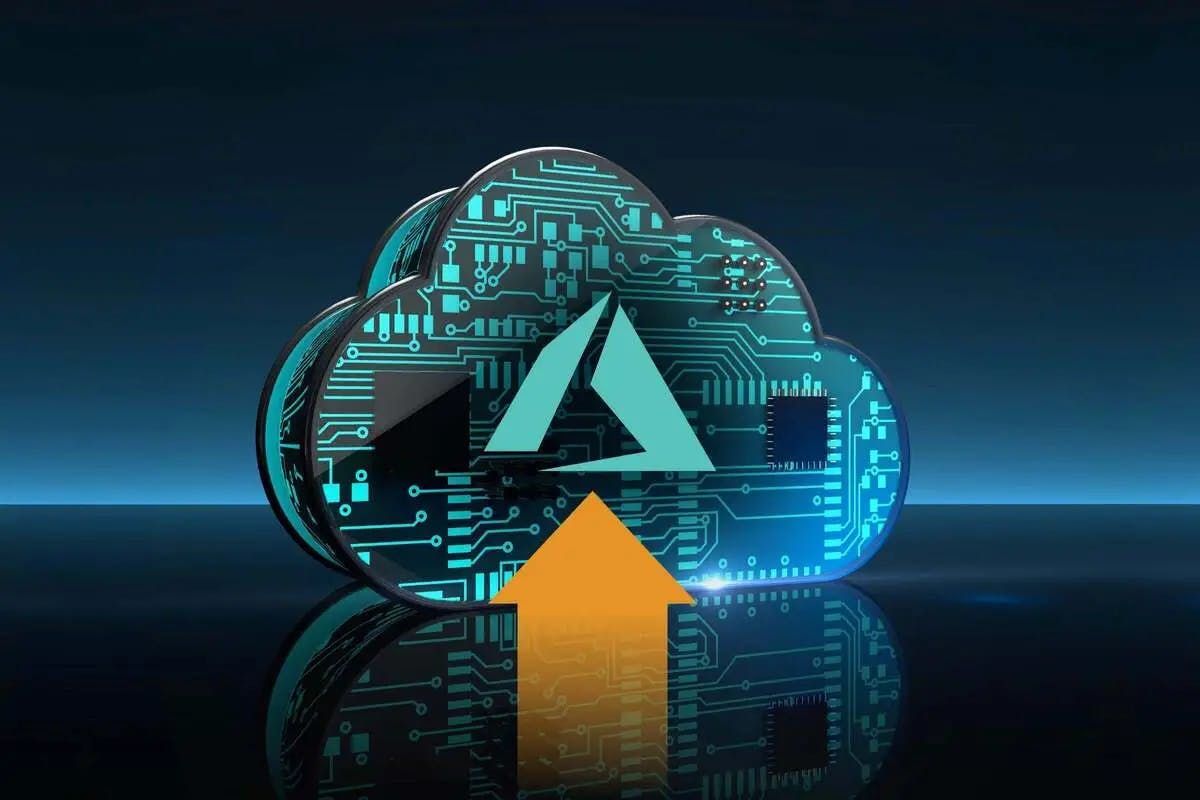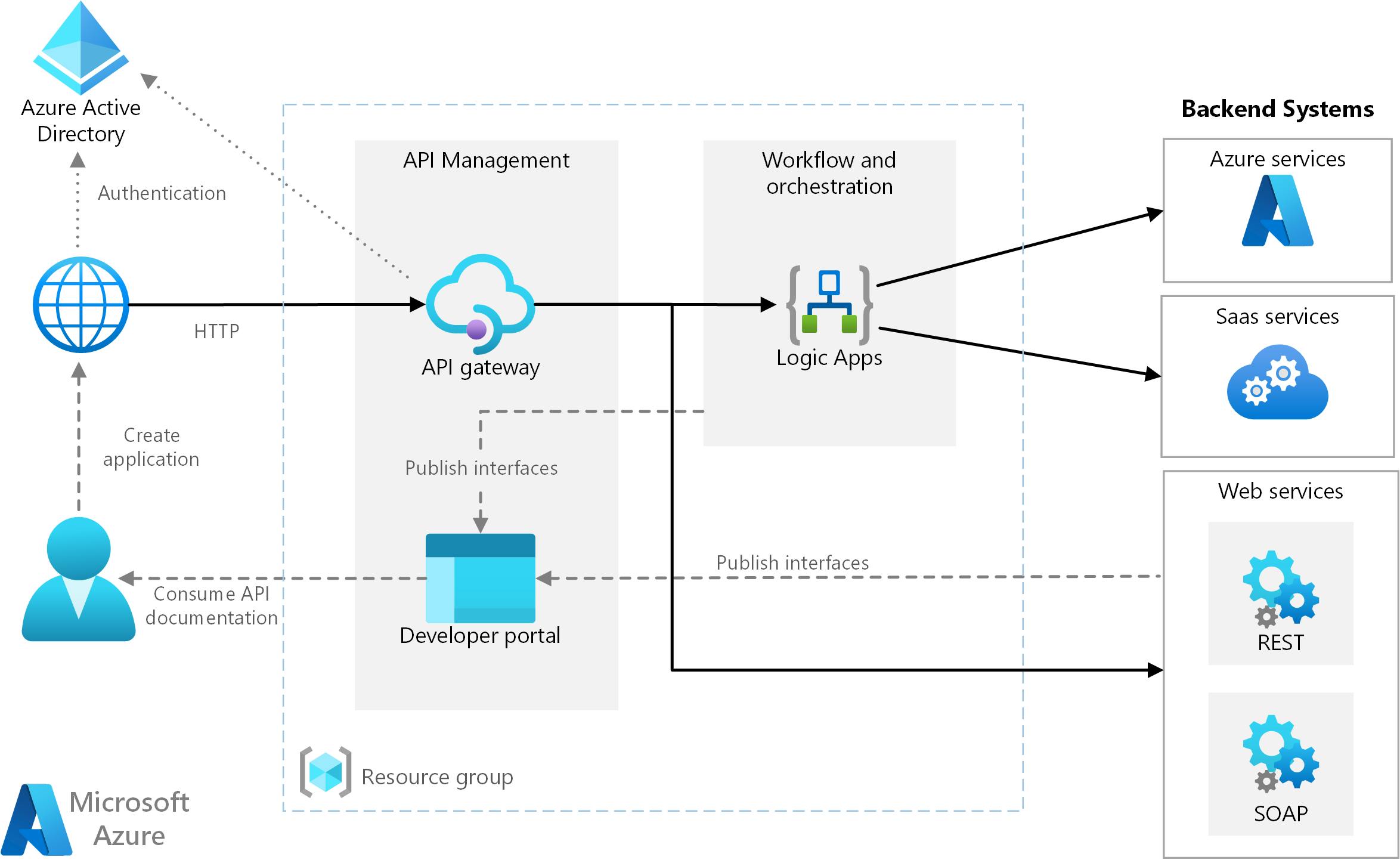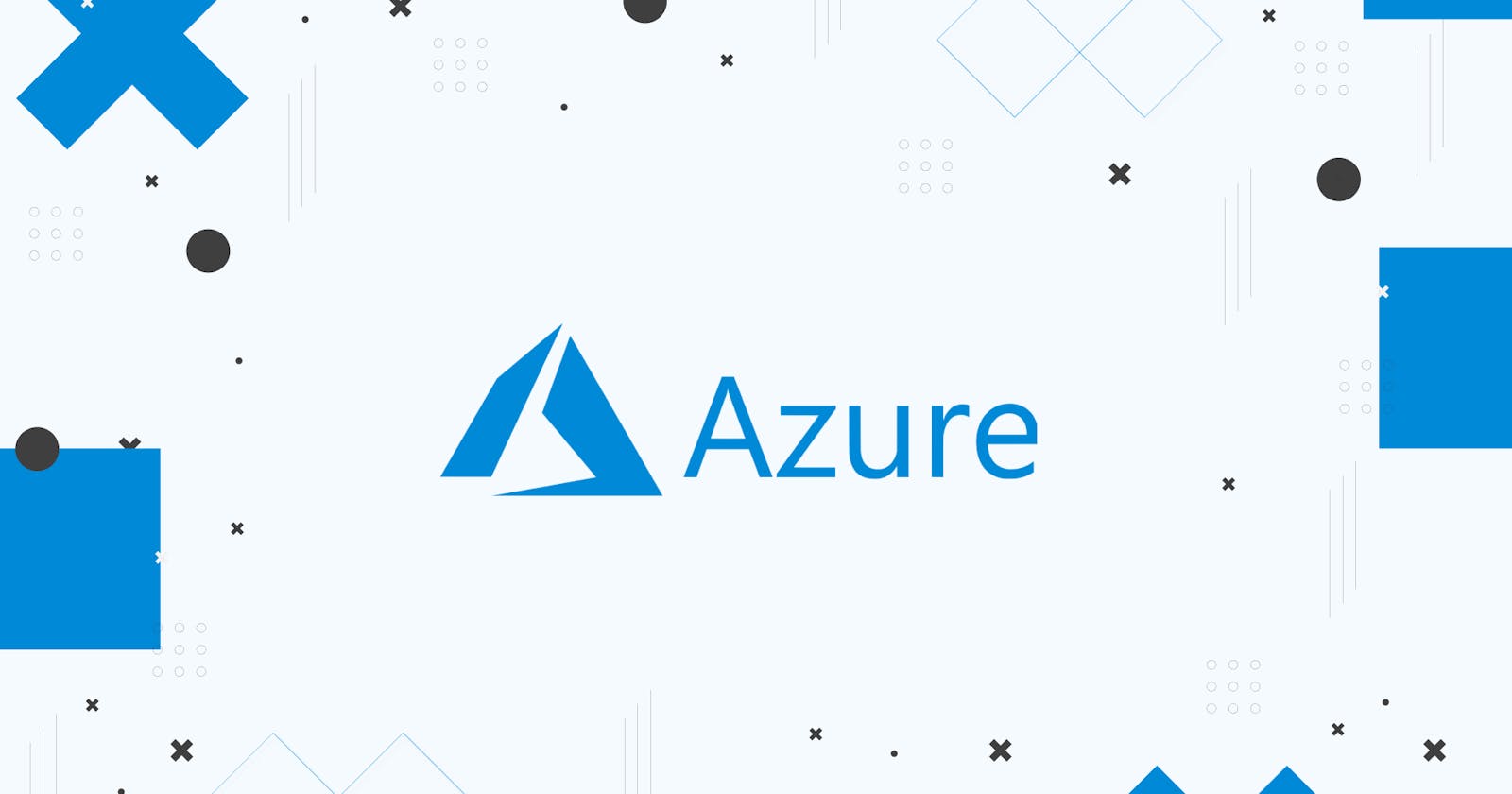In today's digital age, harnessing the potential of cloud computing has become imperative for businesses striving for innovation and efficiency. Microsoft Azure stands out as a comprehensive cloud platform offering a myriad of services tailored to meet diverse needs. Let's embark on a journey to explore the fundamentals of Microsoft Azure, demystifying its capabilities and empowering you to leverage its full potential!
📝 Microsoft Azure Overview 📊

What is Azure?💻
Azure is a cloud computing platform provided by Microsoft, offering a wide range of services for building, deploying, and managing applications and services through Microsoft-managed data centres.
It provides Infrastructure as a Service (IaaS), Platform as a Service (PaaS), and Software as a Service (SaaS) offerings.
Global Reach🌍:
Azure operates in a vast network of data centres located in multiple geographic regions worldwide.
This global presence ensures high availability, scalability, and redundancy for applications and services hosted on Azure.
Cost-Efficiency💰:
Azure follows a pay-as-you-go pricing model, where users only pay for the resources and services they consume.
This flexible pricing model eliminates the need for upfront infrastructure investments and allows organizations to scale resources up or down based on demand.
🛠️ Azure Compute Options ⚙️

Virtual Machines (VMs):
VMs in Azure provide on-demand computing resources, allowing users to run Windows or Linux-based applications in the cloud.
Users can control VM configurations, including CPU, memory, storage, and networking.
Azure App Service:
Azure App Service is a fully managed platform for building, deploying, and scaling web applications and APIs.
It supports multiple programming languages, frameworks, and integration with DevOps tools for continuous deployment and monitoring.
Containers:
Azure Container Service allows users to deploy and manage containerized applications using Docker containers and Kubernetes orchestration.
Containers offer lightweight, portable, and scalable solutions for deploying applications across different environments.
Azure Functions:
Azure Functions provide serverless compute resources for executing event-driven, code-based functions in response to triggers from various Azure services or external events.
It eliminates the need for managing infrastructure and enables developers to focus on writing code.
🔧 Azure Storage Options 📦

Blob Storage:
Azure Blob Storage provides scalable object storage for unstructured data, such as documents, images, videos, and logs.
It offers redundancy, encryption, and lifecycle management features for managing data effectively.
Azure SQL Database:
Azure SQL Database is a fully managed relational database service that offers high availability, security, and performance for SQL Server-based applications in the cloud.
It supports features like automated backups, built-in intelligence, and advanced security capabilities.
Cosmos DB:
Azure Cosmos DB is a globally distributed, multi-model database service designed for building highly scalable and responsive applications.
It supports multiple data models (document, key-value, graph, column family) and provides automatic scaling, low-latency reads, and high availability.
Azure Networking☁️

Virtual Networks (VNets):
Azure Virtual Network allows users to create isolated network environments in the cloud, similar to on-premises networks.
It provides features like custom IP addressing, subnets, network security groups, and VPN gateway integration.
VNet Peering:
• VNet Peering enables seamless connectivity between Azure Virtual Networks, allowing resources within different VNets to communicate securely without traversing the internet.
VPN and Azure ExpressRoute:
Azure VPN Gateway and Azure ExpressRoute provide secure and private connections between Azure Virtual Networks and on-premises networks or other cloud environments.
They offer encryption, authentication, and dedicated network connections for hybrid cloud scenarios.
💼 Managing Services: Simplified! 📈
🔄 Automation: Streamline operations and improve efficiency by automating routine tasks using Azure automation tools.
🔐 Security: Prioritize security by implementing best practices and leveraging Azure's built-in security features to safeguard your data and applications.
📊 Monitoring and Optimization: Keep a pulse on your Azure resources with comprehensive monitoring tools, optimizing performance and costs as needed.
Microsoft Azure Roadmap✨

Azure Certifications❤️

Yay, you reach up to the end!!!🚀
Happy Learning❤️


